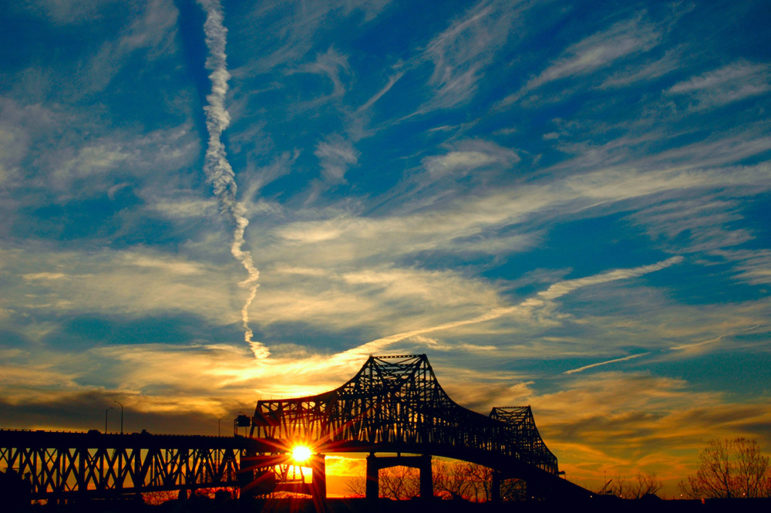
Having a massive flood occur in your community right before fundraising season means every kind of nonprofit must step back and take stock. For example, Cancer Services of Greater Baton Rouge’s annual Capital Chef Showcase raised more than $200,000 for the organization last year—more than 20 percent of its budget. Will it reschedule? They are not sure, but cancer marches on, and the organization has set up an emergency fund for cancer patients affected by the flood. The needs of those they serve, CEO Jill Roshto says, are complicated, and the flood has exacerbated them, so they will turn first to that—but what of the long term?
Similarly, the Baton Rouge Symphony Orchestra has canceled its Opening Night Gala, as the symphony wants to be sensitive to the immediate needs of its community and to its musicians, some of whom lost their instruments in the flood. Executive Director Cary Byrd says this could be a real blow to their long-term sustainability. “Who do you turn to when everyone has been devastated?” he asks. “That’s what is keeping me up at night.”
Sign up for our free newsletters
Subscribe to NPQ's newsletters to have our top stories delivered directly to your inbox.
By signing up, you agree to our privacy policy and terms of use, and to receive messages from NPQ and our partners.
Some local groups, of course, like many nonprofits, were already on thin margins. In research that was done after 9/11, (see today’s feature), the existing nonprofits that seemed to fare best were those that were well networked and connected to hubs in the local infrastructure.
In Baton Rouge, the United Way and local community foundations are helping to coordinate with local nonprofits, but with donated money reportedly relatively scant, we can well imagine that many beloved nonprofits are wondering what tomorrow will bring.—Ruth McCambridge













